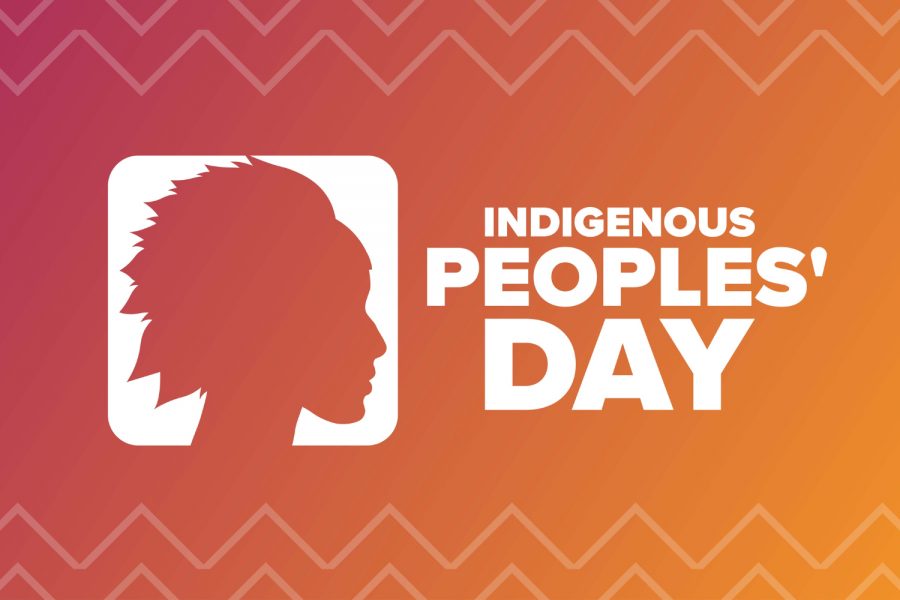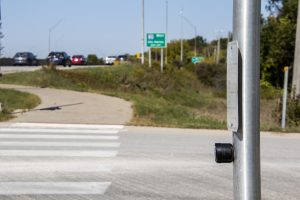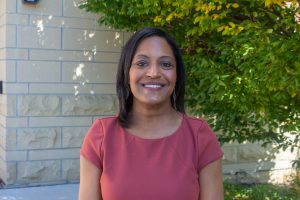Acknowledging the homelands of tribal nations where the University of Iowa resides
The Native American Council continues to work on its land acknowledgment, creating a version that is briefer than their original statement so it can be easily used in classes or before meetings.
iStock.
October 11, 2020
Many professors chose to read an acknowledgment of land and sovereignty aloud at the start of the fall semester, or inserted it into their syllabus, with names of the tribal nations that were originally located where the University of Iowa now sits, and the nations that are still thriving in the state.
“As an academic institution, it is our responsibility to acknowledge the sovereignty and the traditional territories of these tribal nations, and the treaties that were used to remove these tribal nations, and the histories of dispossession that have allowed for the growth of this institution since 1847,” the College of Liberal Arts and Sciences states on its website.
The UI’s Native American Council began drafting its land-acknowledgment statement a few years ago, in response to internal council requests. Former director of UI Diversity and Outreach Programs Tracy Peterson spearheaded the drafting of the land acknowledgment.
“We’re a very small community here, so it’s a document that, students, myself, and the Native American Council staff — everybody has had a say in it,” UI Associate Professor in the Department of History Jacki Rand said.
Rand is a citizen of the Choctaw Nation of Oklahoma and a member of the UI Native American Council. The document had gone through multiple drafts because of the diplomacy challenges in writing the acknowledgment, Rand said.
RELATED: UI Women’s Resource and Action Center continues through COVID-19
“There are almost 30 tribes that have a historical footprint in what is now called Iowa,” Rand said. “So, a lot of work was done originally to reach out to each of the tribes and sort of let them know we’re putting this acknowledgment together and making sure we had clear information.”
Rand said the council is now working on a shorter land-acknowledgment document that is easier to use, which would include a link to the full statement.
“We’ve had a lot of calls from any number of departments of colleges and other outside organizations that want to open all of their public meetings…with a land acknowledgment,” said UI Professor Emeritus Joe Dan Coulter, who is an enrolled member of the Citizen Potawatomi Nation of Oklahoma, and UI Native American Council member.
Coulter said the statements summarize that organizations throughout Iowa are occupying the land of Indigenous people and that Indigenous people were forcibly removed, put on reservations, and had their land taken from them.
He said the UI has not formally adopted a land acknowledgment, because professors are not required to share a land acknowledgment and it is at their discretion if and how they want to implement one.
Rand said some of her colleagues have written their own statements with the same goal in mind.
“There have been a lot of wrongs and we can’t fix them all, but we shouldn’t erase them either,” said UI College of Law Dean Kevin Washburn, a Chickasaw Nation of Oklahoma citizen and UI Native American Council member. “We should recognize them, and the land acknowledgment is a recognition of that sort of thing, that we can’t fix all wrongs, but we can at least recognize that they happened.”






